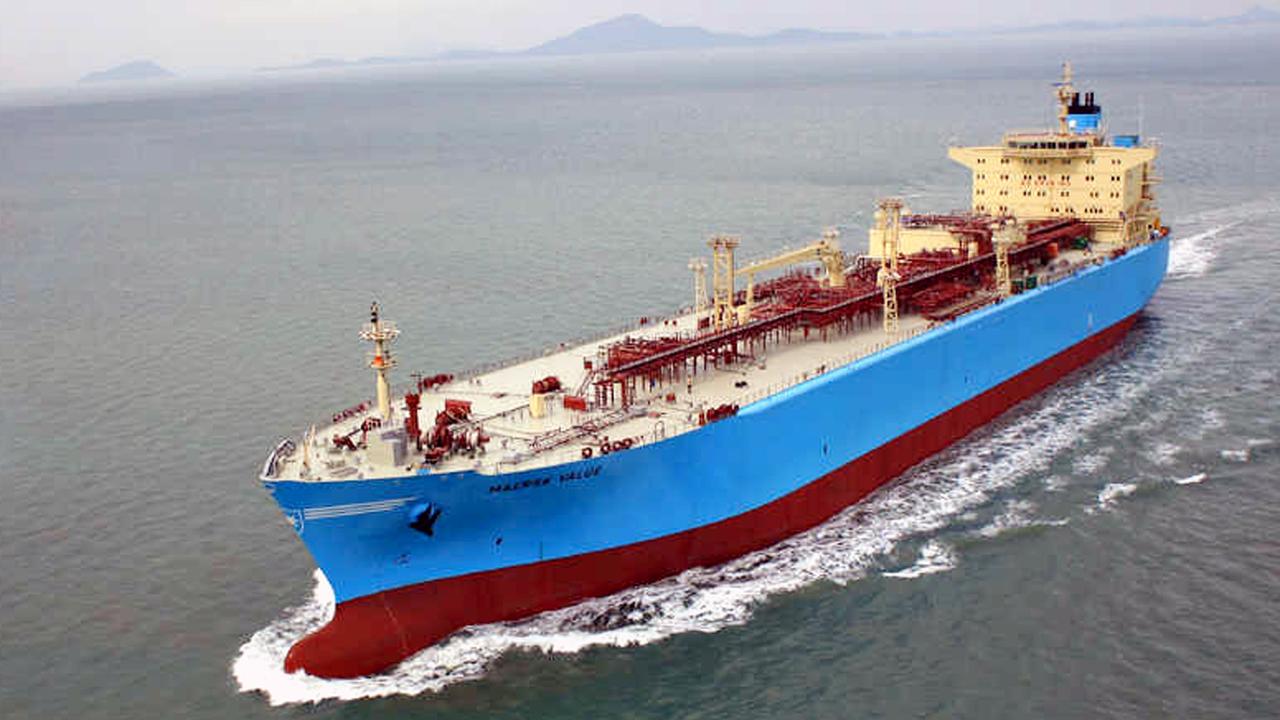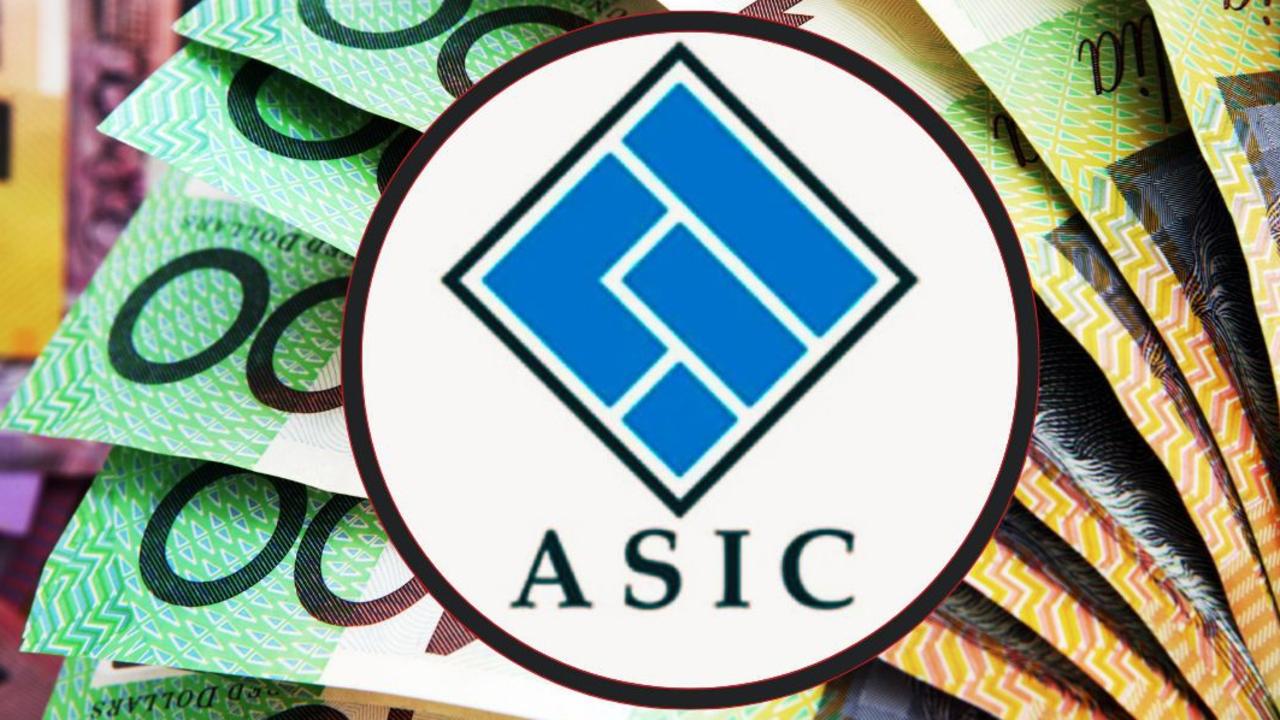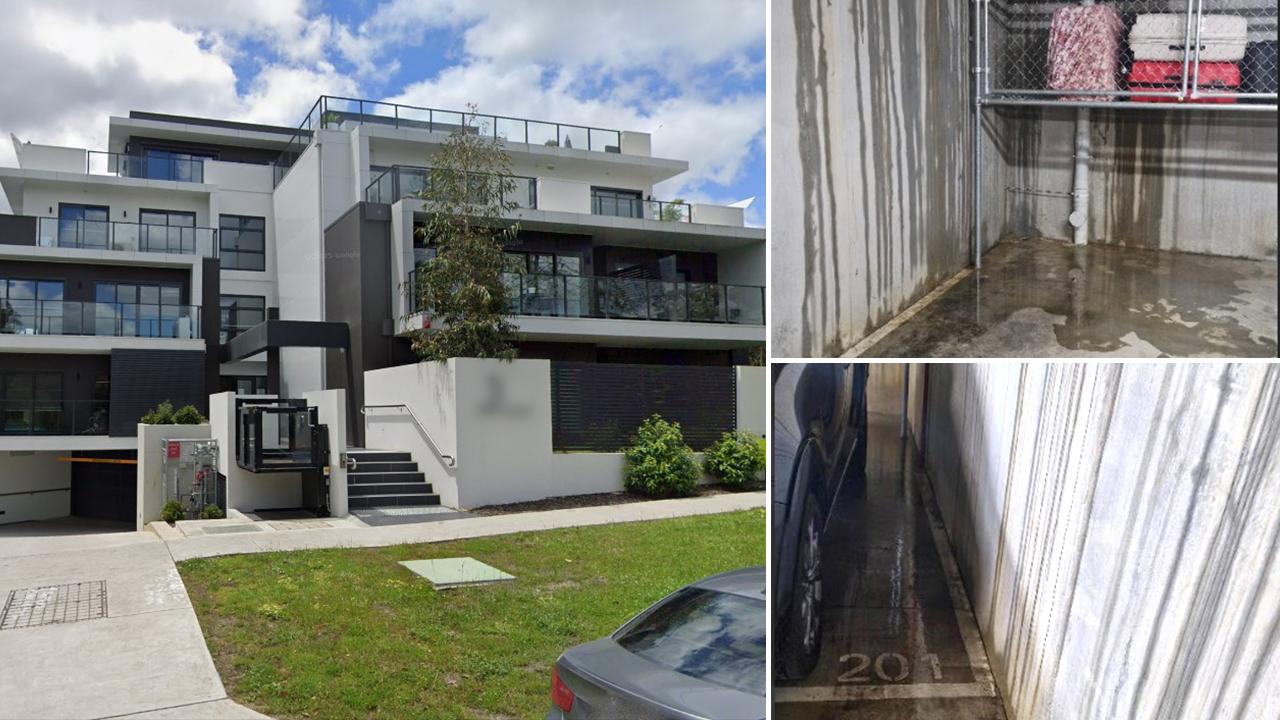Government intervention in gas to cause price spike: South Korea
South Korea’s business group has expressed concerns Australian domestic price intervention will eventually trigger a decrease in exports.

Business
Don't miss out on the headlines from Business. Followed categories will be added to My News.
Australia’s intervention in gas prices will cause prices to rise in the long term, and eventually trigger a decrease in exports, South Korea’s business lobby group has warned.
South Korea is Australia’s third biggest export market and accounted for $8.1bn of natural gas exports in 2021-22.
Korea International Trade Association executive vice chairman Jeong Marn-ki said he was concerned about the energy gas market intervention, saying it would “place a high burden and pressure on our market.”
Mr Jeong said the price caps in Australia’s domestic market would lead to a decrease in supply, which in turn would drive prices up.
Companies such as global giant Shell and Australian major Woodside have already warned that price caps will trigger the industry to scrap plans to expand gas projects.
Mr Jeong also warned on intervention in the market.
Gas producers “could diminish the production because the price is lower than normal price. In the long run, instead of preserving low price, the price could be increased heavily in the long run because in the market the gas shortage could be breaking out,” he told Australian reporters in Seoul on Tuesday.
“I think the government intervention could be influencing the costs in Australia and Korea.”
The ramifications of this could mean South Korea looks to rival countries to source its gas. South Korea currently relies on imports for 98 per cent of its fossil fuels.
“Instead of importing from Australia (Korean companies) could import from other countries if the price is too high,” Mr Jeong said, adding that the Middle East would be the most likely option.
Mr Jeong also commented on imports of Australian coal, which were $16.2bn last year, stating that he thought hydrogen would eventually replace some of this market.
“I think there is no way but to diminish coal consumption,” Mr Jeong said. “Instead of coal, we are developing hydrogen competencies so I think hydrogen imports could be substituting coal imports from Australia.”
Coal is currently Australia’s biggest export to Korea and Mr Jeong said that while they were looking at coal caption storage technology it is not currently “efficient.”
Tansy Harcourt travelled to South Korea as part of the Walkleys 2023 fellowship.
Originally published as Government intervention in gas to cause price spike: South Korea







